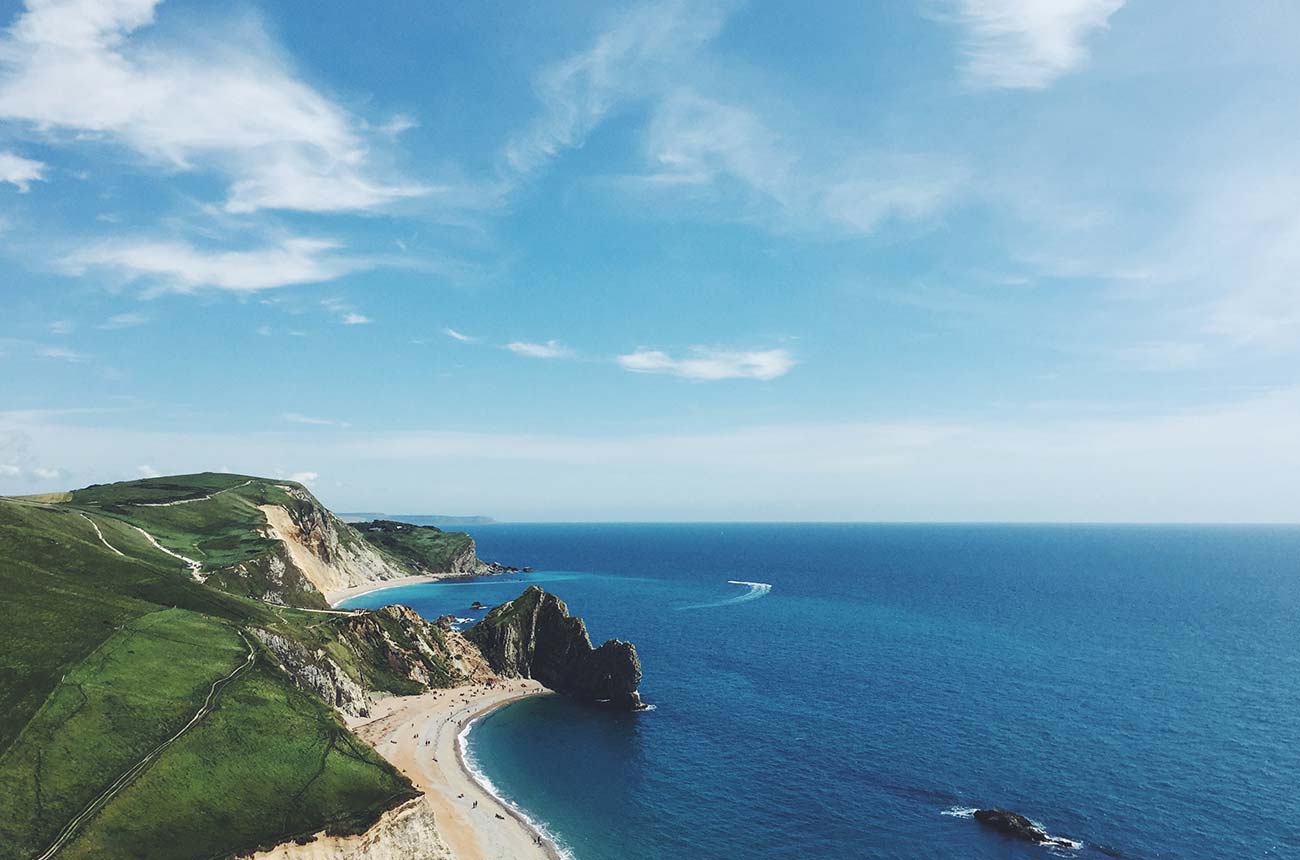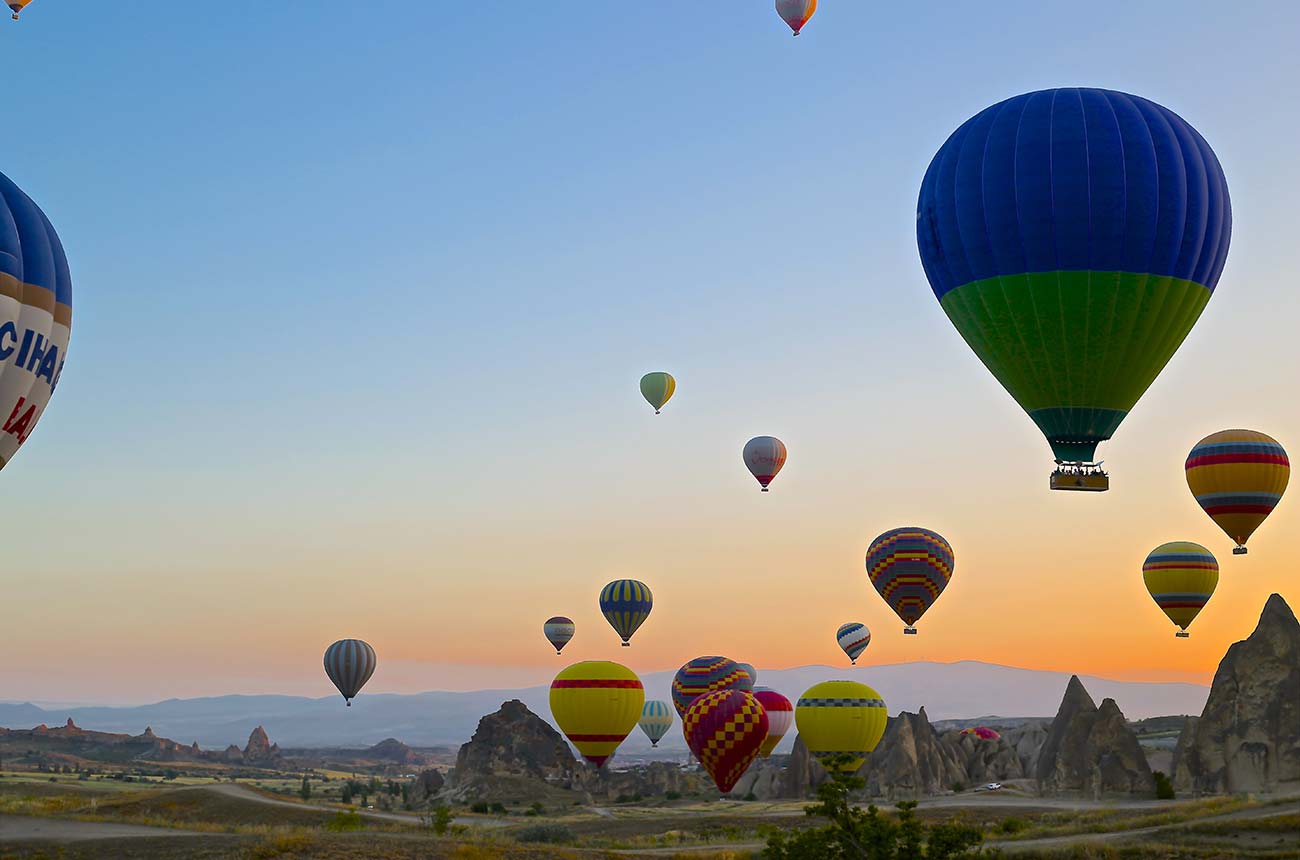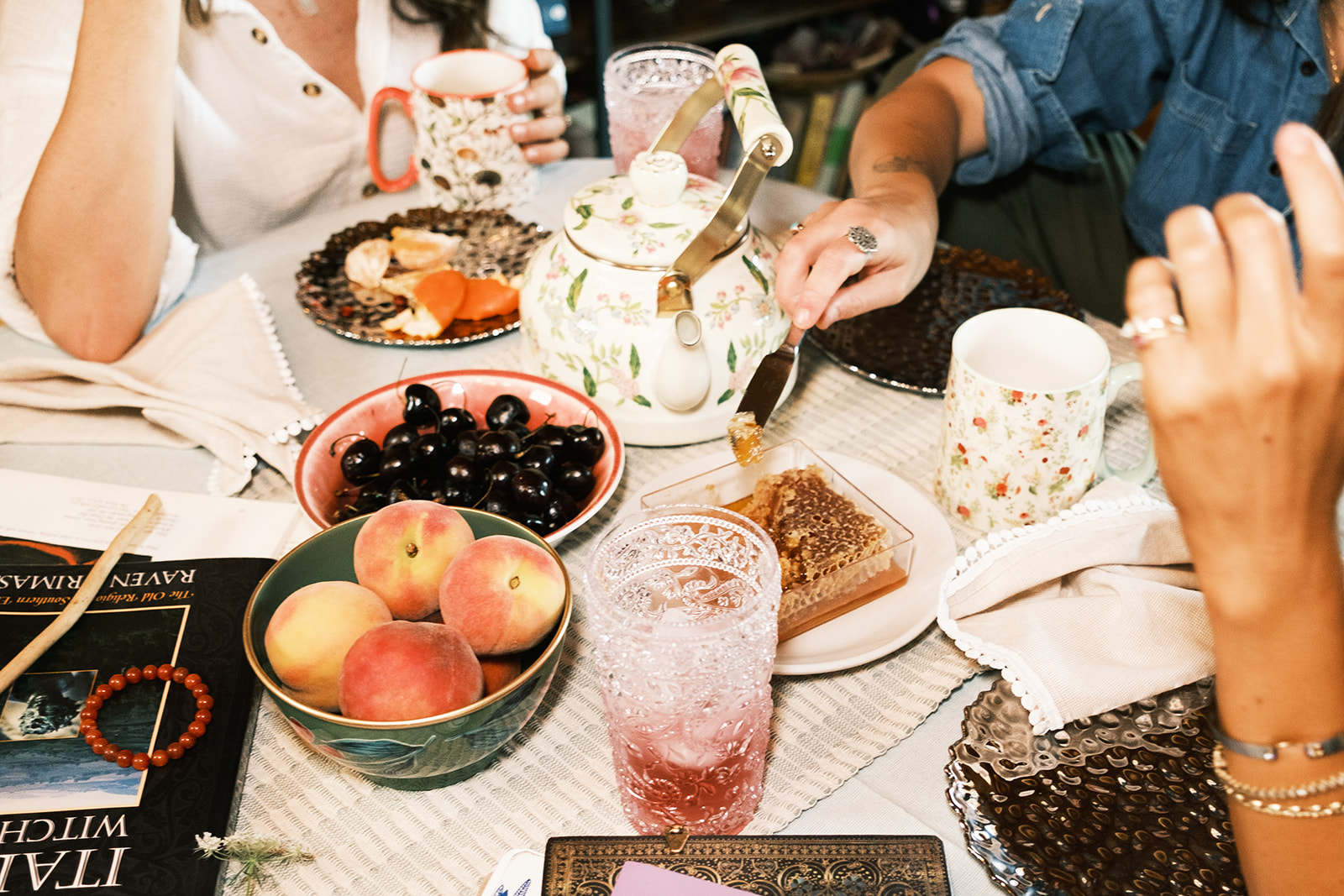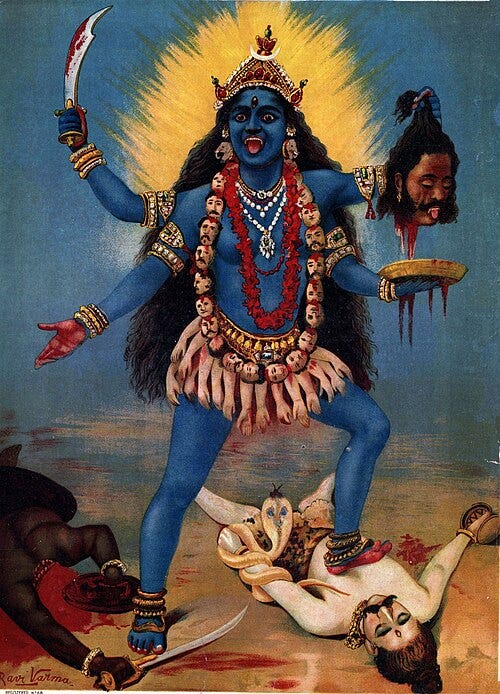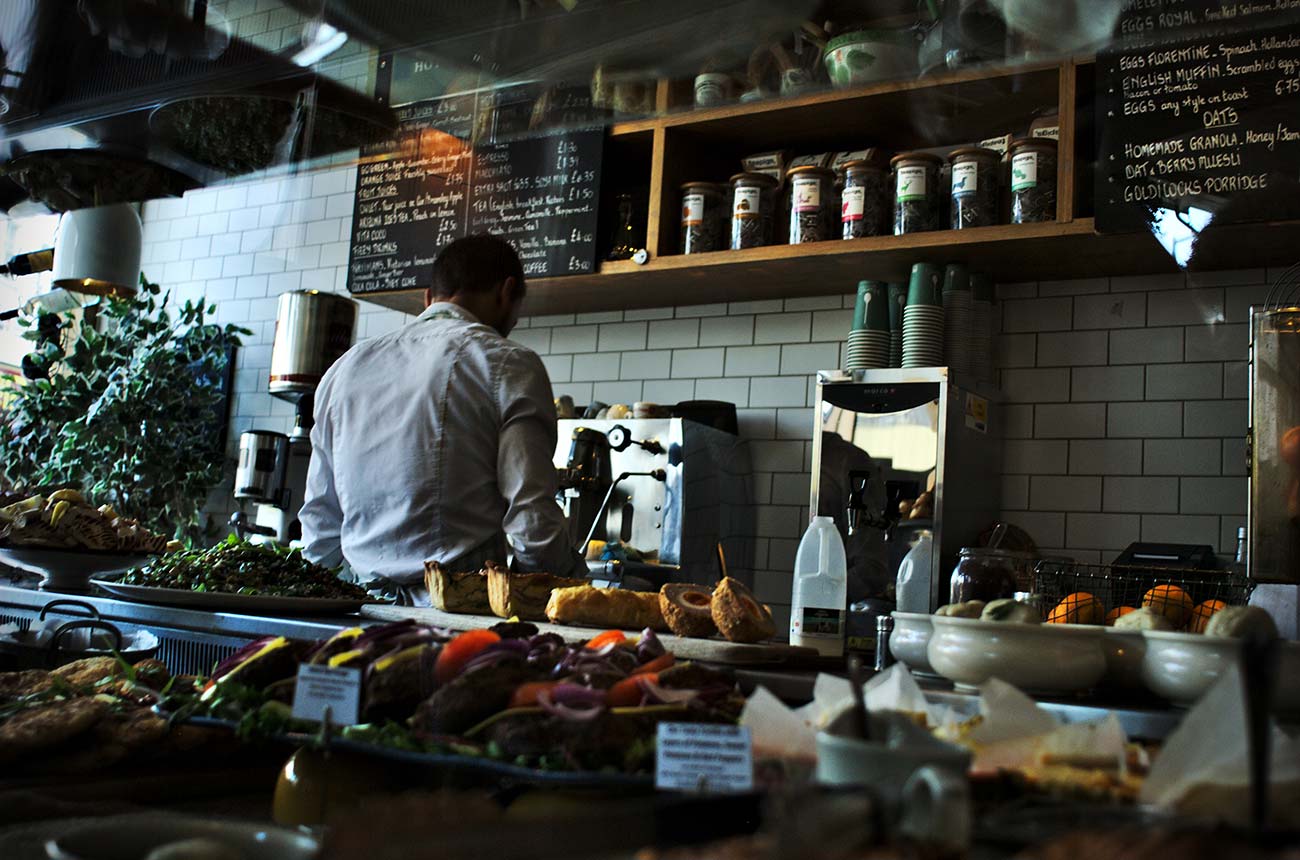Holding onto Humanity in the era of Rage Bait
Amanda Baudier
16 Sep 25
Share this post

My 9-year-old son has fallen in love with fishing, which means we spend a lot of time at our local sporting goods store — which also happens to be… a haven for hunting gear.
This weekend, we went to grab some bait and hooks and accidentally stumbled into their annual Hunting Fair. Picture this: a dozens-deep queue of folks in MAGA hats and Thin Blue Line t-shirts, the words “I support Law & Order in America” splashed across their backs.
How the f*ck did I end up here?
Like rubbernecking a car crash, I kept peeking toward the firearms section, feeling slightly on edge as I watched the crowd eagerly buy their weapons one by one by one.
Outside the store, there were tables of pamphlets, giveaways, and “fun” little souvenirs. A table of cops gave my daughter a tiny plastic sheriff badge. Some older huntsmen stopped to shake my son’s hand as he proudly carried his fishing poles to be restrung.
“Good job, Mom,” they said warmly. “You keep that boy outside and off those screens.”
They didn’t seem “with it” enough for this to be a wink-wink comment about current events (which I am, obviously, dancing around here).
But I couldn’t help but wonder:
If they knew my politics, would they speak to me so kindly?
If our skin wasn’t white, would they give my kids the time of day?
If they followed me on social media, would they leave nasty comments, calling me a “leftist vermin” — the words our President has used about people like me?
It is so easy right now to label, judge, assume, fear, divide, and attack. It’s what every popular online voice is riling us up to do. They are so good at it — like Kaa the python from The Jungle Book, singing us into a trance while slowly squeezing the life out of us.
And yes — some voices are far worse than others. But at the end of the day, it all starts to feel like different flavors of the same shit-pie.
Confession: I had never listened to a full clip of Charlie Kirk speaking until after his passing. I tend to scroll past anyone who is “too popular” — whether they’re leftist, alt-right, or something in between — because the algorithm rewards outrage. I know it is of no value to my humanity – even when I agree with it.
This is the part that matters:
I have strong views. There are groups of people — and political figures — that I could be stoked into hating by the same type of propaganda that has rotted so many brains and hardened so many hearts in today's society.
But regardless of Kirk’s “hot takes” about his legacy – I agree wholeheartedly with Martin Luther King Jr.'s stance that,
“Returning hate for hate multiplies hate, adding deeper darkness to a night already devoid of stars.”
Some people will say this isn’t radical enough. That revolution requires bloodshed. And I’m willing to admit they may be right. But there’s a difference between witnessing violent upheaval as a regrettable necessity — and relishing in it.
Call me crazy (many have), but I believe we can be politically engaged — even revolutionary — without losing our humanity.
I might not have much in common with the MAGA-clad gun buyers — and they might have been duped into believing they hate ME too — but I choose to hold space for the possibility that things can get better.
Because honestly? They can’t get much worse.
Right now in America, so many people — on all “sides” feel fundamentally unsafe.
Right wing blue collar workers are losing their livelihoods and being *told* it’s because of immigrants and the left.
Marginalized groups & women are losing rights and watching multiple livestreamed genocides across the globe — real threats to safety and life itself.
A nervous system with a lack of perceived safety is primed for black-and-white thinking. It will cling to simple, certain narratives — even hateful ones — because certainty feels safer than ambiguity.
When we don't feel safe inside ourselves, nuance feels threatening.
Complexity feels dangerous.
This is exactly what bad actors and rage-bait influencers prey upon: the unmetabolized trauma of the masses.
Racial justice educator Shakil Choudhury recently said:
"Not everyone can do it, but those of us who CAN — need to step in to support a different culture and conversation."
In a recent podcast, Buddhist teacher Tara Brach expanded on this quote by saying:
"It's those who are not in the full grip of trauma who can hold hands, hold each other, and dedicate to the compassionate work that leads our activism to become transformational."
That feels like a call to action, if I’ve ever heard one.
In the Bhagavad Gita — the ancient Hindu scripture that unfolds as a conversation on a battlefield — Lord Krishna (a deity representing divine wisdom) instructs the warrior Arjuna (who is paralyzed by moral doubt) to “fight without inner fever.” In other words: enter battle in alignment with what is right, but without hatred, personal vendetta, or bloodlust.
THIS is the razor’s edge that I am personally attempting to walk.
I want to stay politically engaged — even revolutionary — without losing my humanity.
I won’t allow my spirit to be ruled by poison.
Humans are desperate to be led.
And if we who are capable of staying regulated and sane don't step up, the loudest, most divisive voices will continue to rise.
You don’t need a giant platform to do this work. It might mean mentoring one kid on your block, or having one hard conversation with your uncle.
But if we can be the ones who stay resolute, stay openhearted, and model another way forward — we become the heroes we are looking for.
Share this post




